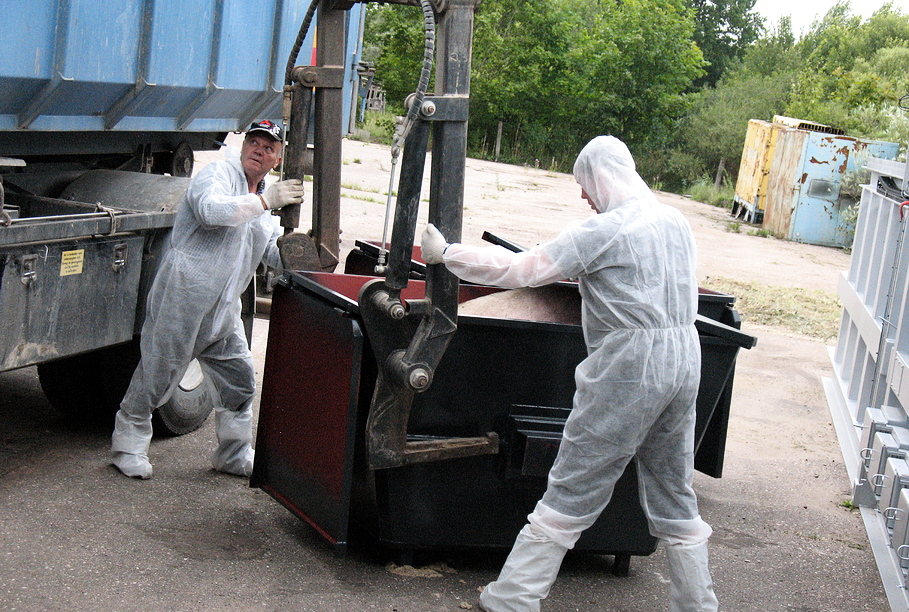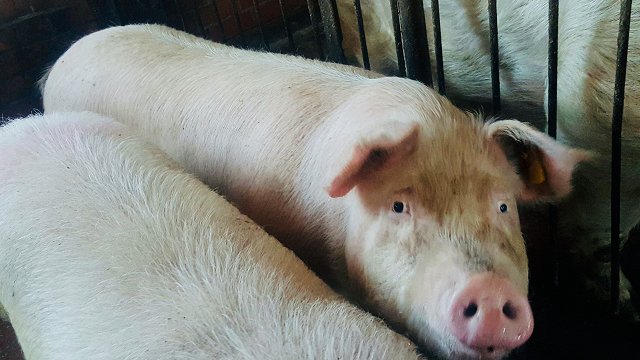Bunci belongs to the same Ancers company that operated Rukas farm in the central Latvian region of Krimulda where ASF was found in mid-January and over 5,000 pigs had to be culled.
Over the last two and a half years ASF has continued its spread cross Latvian territory with efforts headed the Agriculture Ministry to control the disease seeming to have little effect.
The civil defense committee of the local council of the Salaspils region will meet on February 8 to discuss safety measures and provision of human resources to deal with the crisis, said Lolita Balcerbule, a spokeswoman for the local council.
Raimonds Kalvans, CEO of Ancers company, said earlier that the losses due to the ASF outbreak in Rukas farm will add up to millions of euros. In addition to the investment in the business, special genetic material will also be lost, he said. The farm in Krimulda kept sows and raised piglets, while the farm in Salaspils keeps meat pigs.
The Latvian government on January 17 declared a state of emergency in the ASF-affected Krimulda region, as well as in the regions of Adazi and Salaspils which will last until April 17.
The ASF outbreak started in Latvia in June 2014 not far from the border with Belarus with roaming wild boar blamed for bringing it across the border.
African swine fever is an extremely dangerous and contagious virus infection affecting pigs. If an infected pig is found in a farm, all pigs in the particular farm have to be culled, which means big losses for farmers.
Nor is ASF the only problem for farmers at the moment. Owners of poultry have been told they must keep their birds inside for three months to try to prevent the spread of avian flu.































